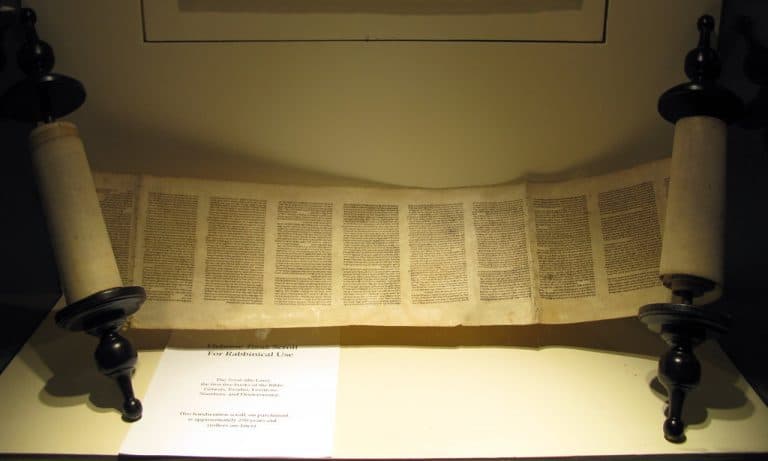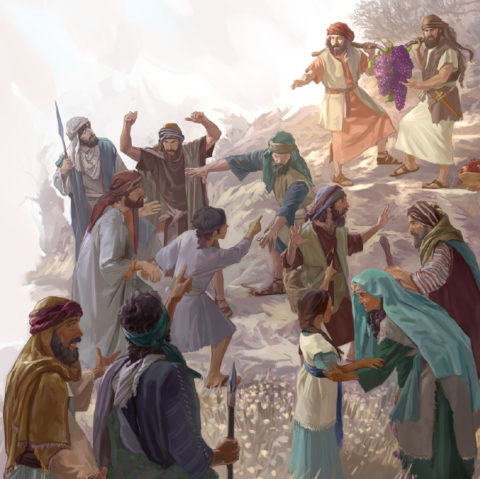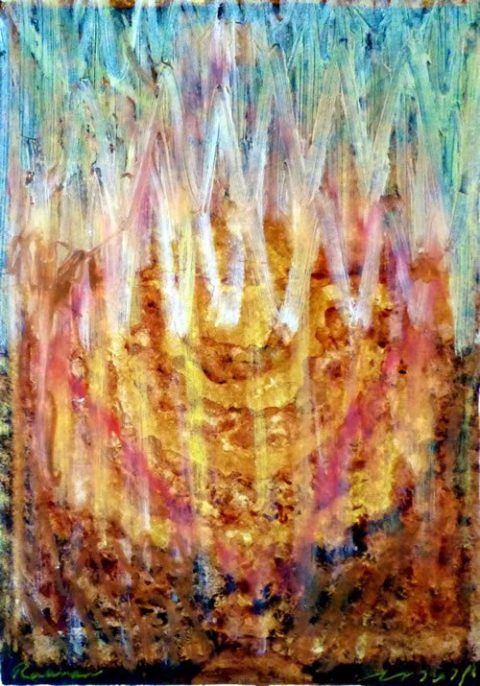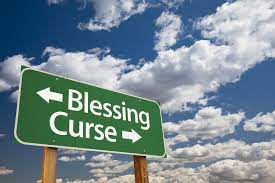Korach – Numbers 16:1-18:32 (Jun. 11/12)

As the Torah Turns
Rabbi Lader’s Weekly D’var Torah
Korach – Numbers 16:1-18:32 (Jun. 11/12)

Our Torah scroll turns to Korach this week – Numbers 16:1-18:32, and features a serious assault on Moses’ leadership of the Israelites. In the midst of the Israelites’ desert wanderings, a Levite named Korach rallies a group of two hundred and fifty fellow Levites, who accuse Moses and his brother Aaron of assuming too much power for themselves: “All the community are holy. Why then do you raise yourself above the Eternal’s congregation?” (16:3). Korach’s explicit demand is that leadership be distributed more equally, but Moses suspects that Korach and his followers have an ulterior motive. They have two very different leadership styles and desires. Ilana Kurshan, award-winning author of “If All the Seas Were Ink“, points out that “…one devalues the common good for selfish ends, thereby pandering to our basic instincts; the other elevates the common good to a central place in society, thereby upholding our aspirations.” Kurshan continues: “Although Korach presents himself as a populist, Moshe understands that Korach and his followers are really intent on their own self-aggrandizement. Moses realizes that the rebels were resentful that Aaron and his sons—a different branch of the Levite family—were chosen as priests instead of them. Moses then tells the men who rose up against him and Aaron, “Is it not enough for you that the God of Israel has set you apart from the community of Israel and given you access to Him, to perform the duties of the Lord’s Tabernacle…Do you seek the priesthood too?” (16:9-10). [The priesthood – its roles and its riches… and its prestige…] Two of Korach’s fellow rebels, Datan and Aviram, have particular difficulty understanding Moses’ attitude toward leadership. The Talmud (Nedarim 64b) identifies these two men as the two Israelite slaves whom Moses saw fighting when he went out among his kinsmen in Egypt. “Why do you strike your fellow” (Exodus 2:13) Moses asked one of them, and he replied, “Who made you chief and ruler over us?” (Ex. 2:14). As the rejoinder suggests, Datan and Aviram, like Korach, assume that Moses is just trying to take power for himself. They do not realize that Moses is motivated not by power but by justice; not by might but by right. They assume that his leadership is about his own authority and glory, but that is only because this is their own model of leadership, and they cannot imagine any other. Korach seeks honor and authority. He is a reminder that those very leaders who masquerade as populists are often so focused on themselves that they have no space to consider the good of the people they purport to want to lead. Only a truly humble leader can dedicate his or her energies to doing what is best for others. Perhaps it is fitting that Moses dies high up on the summit of Pisgah, whereas Korach’s band is swallowed into the earth. As our parashah reminds us, great leaders like Moses do not direct attention to themselves but focus our gaze upwards — on values and ideals that lie far above the petty concerns of Korach and his followers.” Link to Kurshan’s full text.
From Previous Weeks

Shelach Lecha – Numbers 13:1-15:41 (Jun. 4/5)
[T]he twelve men were not sent to spy…

B’ha’alotecha – Num. 8:1-12:16 (May 28/29)
To break the silence and step up to light the call for change.

Sefer Bemidbar – Num. 1:1-4:20 (May 14/15)
God commanded Moses to call each man by name…

BeHar/Bechukotai – 25:1-26:2/26:3-27:34 (May 7/8)
We are loved by unending love.

